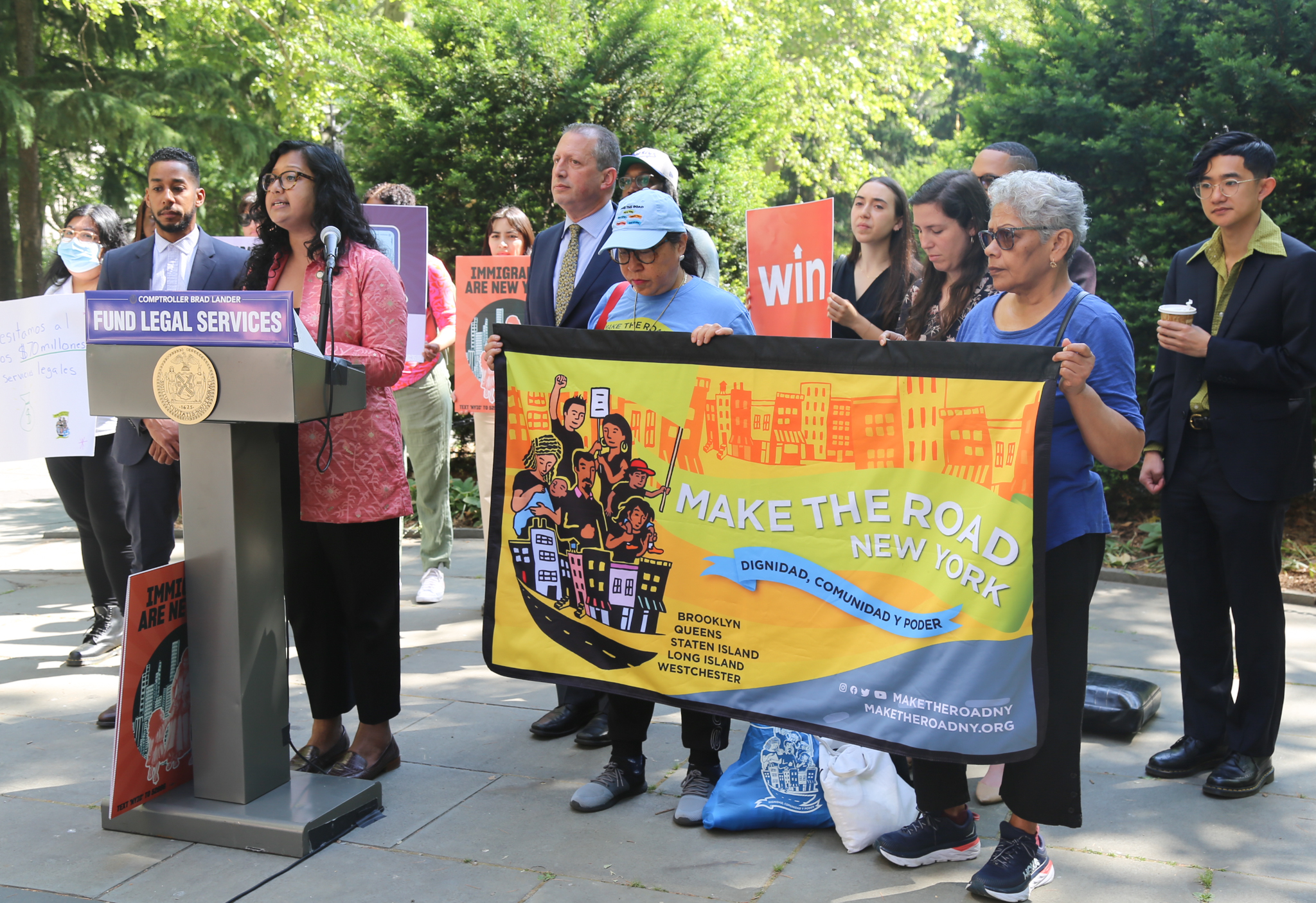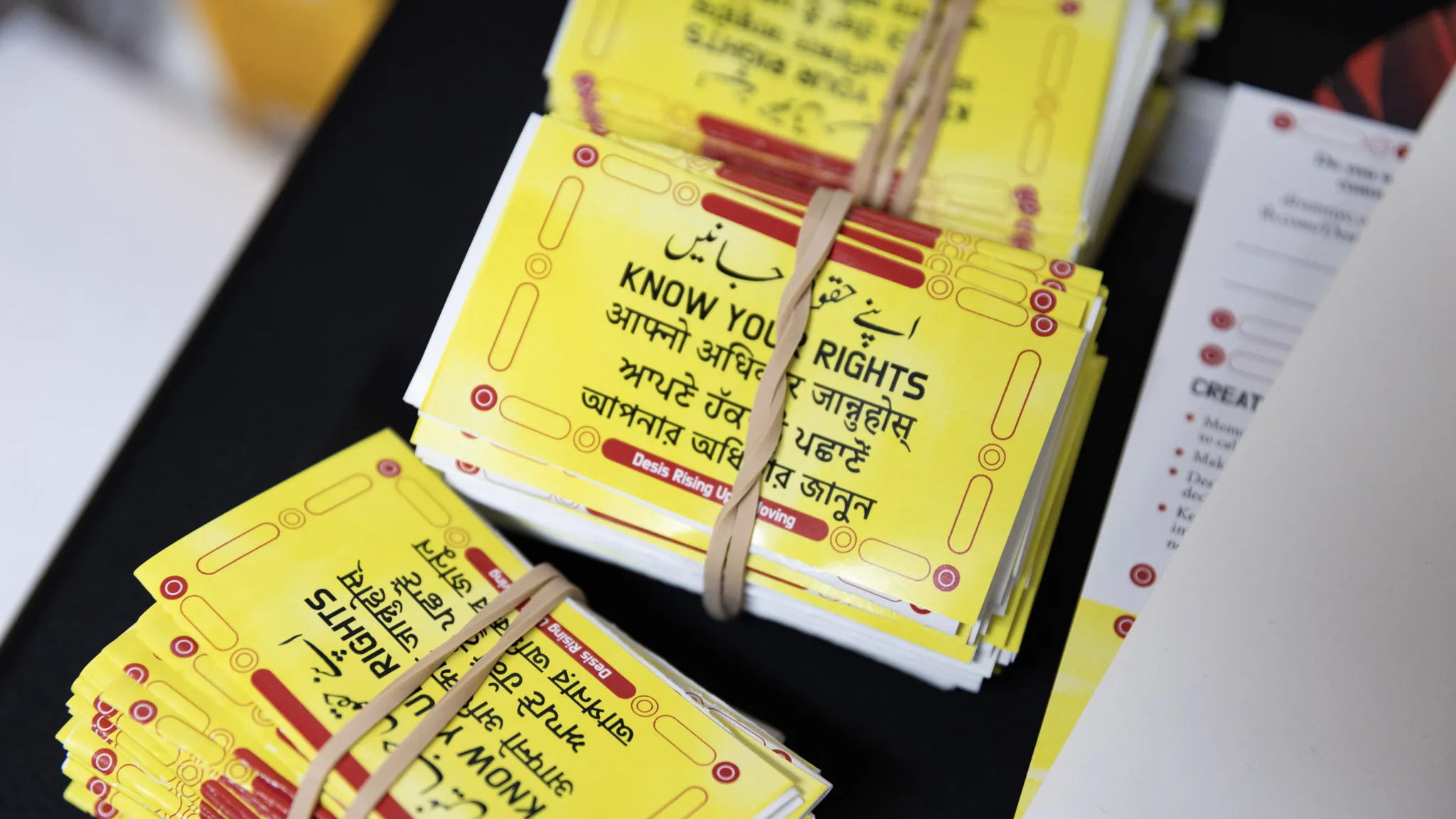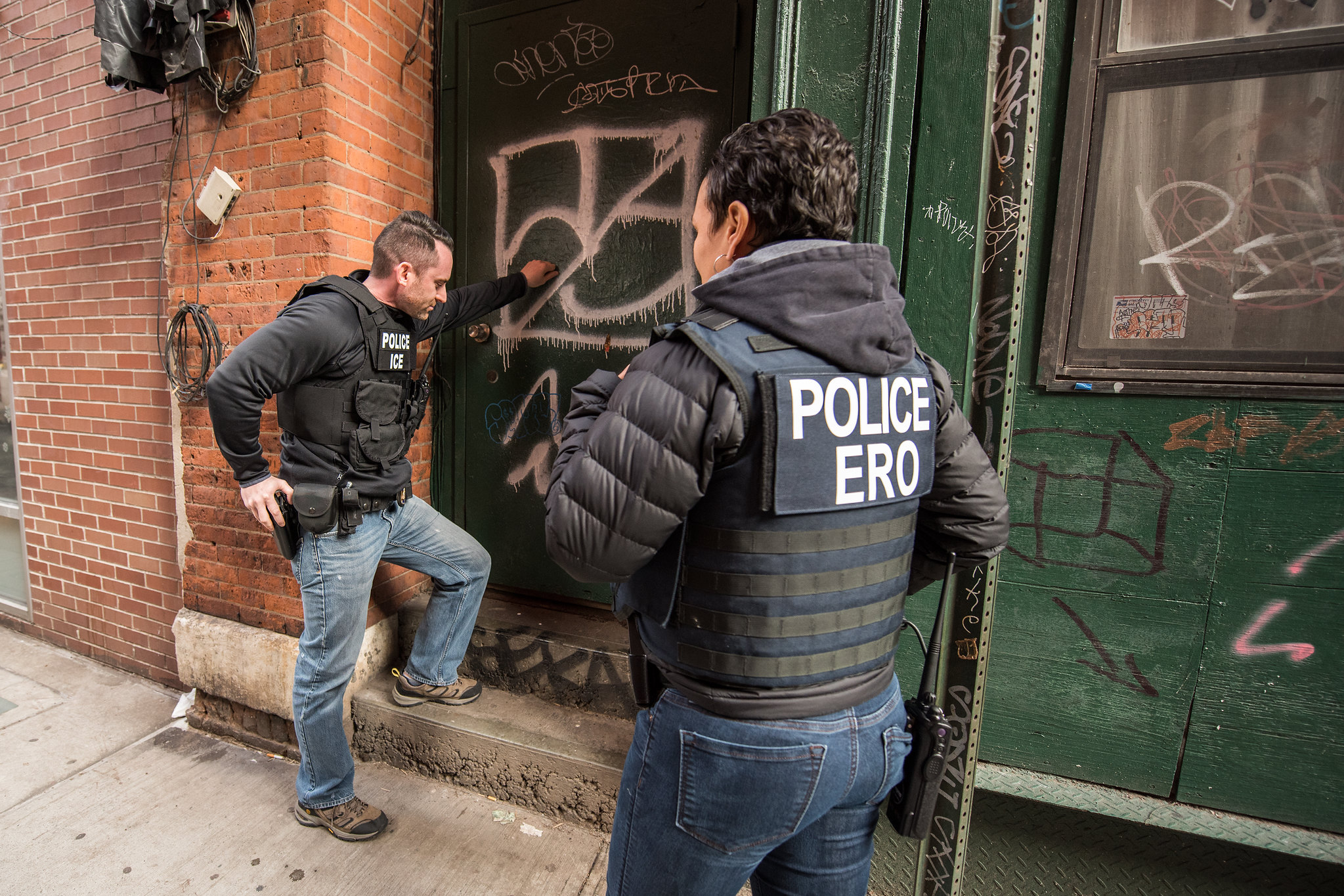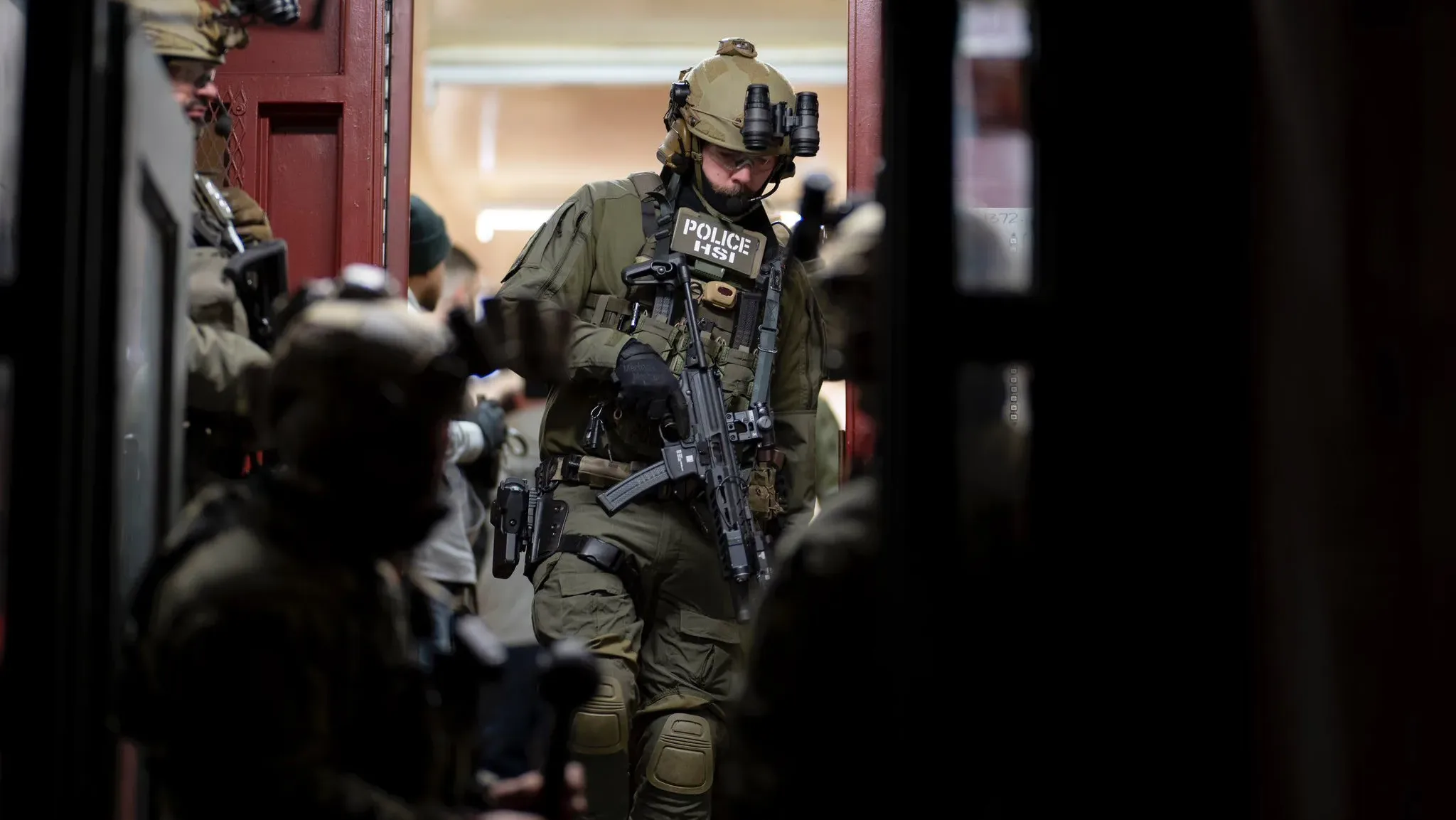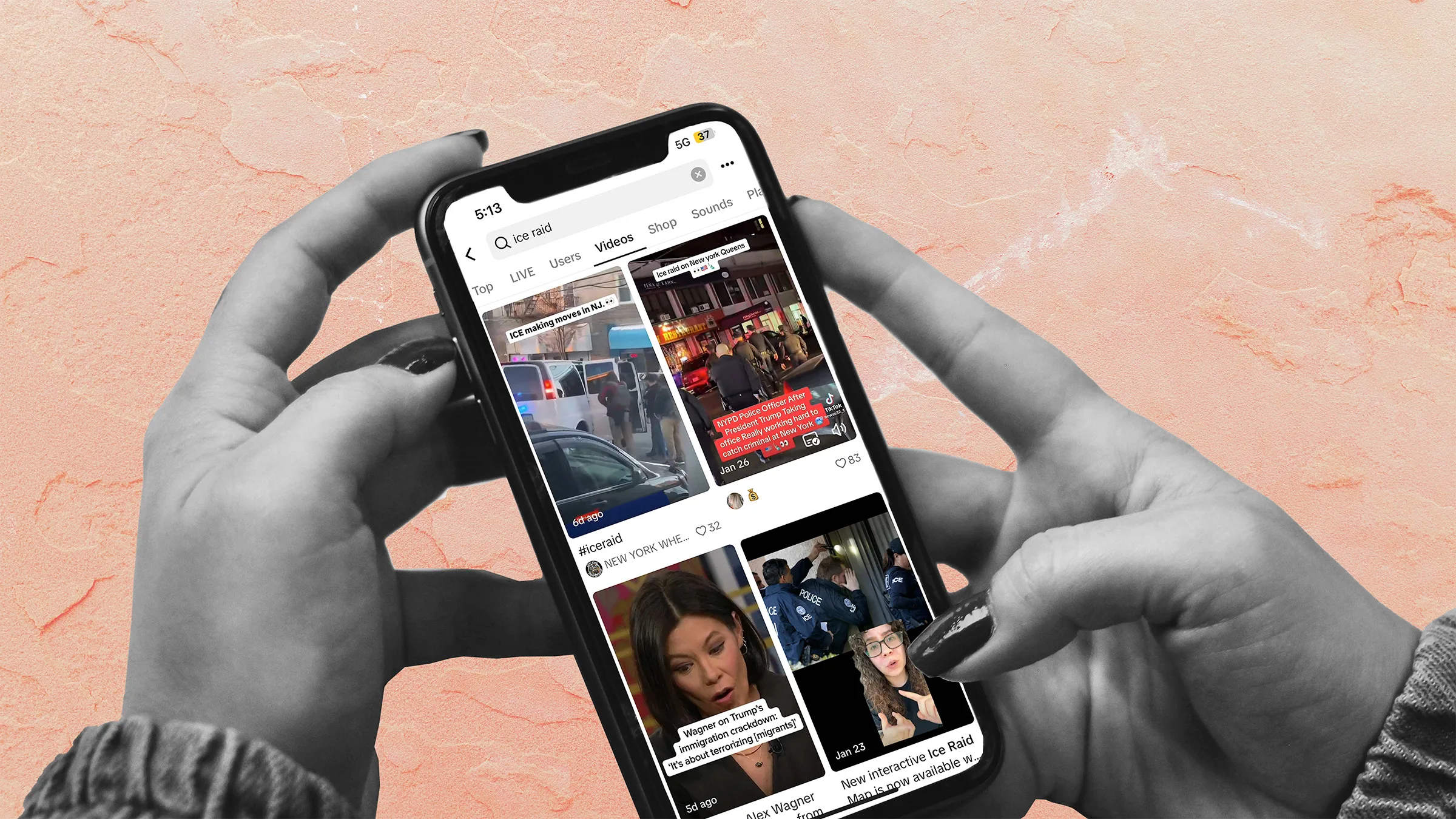City Councilmember Shahana Hanif, City Comptroller Brad Lander led a rally in City Hall Park on Thursday morning to demand that the New York City government administration allocate “at least $70 million” for legal services for asylum seekers. Brooklyn Borough President Antonio Reynoso and Immigrant rights advocacy groups — Immigrant Arc, Make The Road NY, Win, New York Immigration Coalition, and others — were there to support their effort.
Also Read: Migrants Struggle to Find Lawyers to Meet One Year Deadline to File for Asylum
The city administration will decide by June 30 whether the adopted budget will include the $70 million for legal services for asylum seekers.
Of that amount, advocates have asked that $10 million be used for scaling up pro se legal clinics to support people representing themselves as they apply for asylum, work authorizations, and temporary protected status. The remaining $60 million could go toward providing legal representation to those in immigration courts.
Hanif, chair of the immigration committee, said earlier last month she and her colleagues asked the city administration about the $5 million it said would allocate for immigration legal services. “They have not provided any clarity” on how much has been spent so far, Hanif said.
Instead, Hanif said council members were disappointed to learn from the city administration in May that the $5 million has not been allocated for legal services for asylum seekers who must meet the one-year application deadline to file for asylum or risk being out of status and becoming undocumented in the city. Now, she and other advocates are demanding an expansion to $70 million for immigration legal services.
Over the past year, New York City has allocated resources and funds to helping asylum seekers, with the majority of it going into temporary housing costs.
“We have spent almost nothing helping folks get out and onto their feet. It is well past time we got started,” Lander said at the rally.
When asylum seekers are able to file their asylum applications and get their work authorization to get jobs, many can lessen their reliance on city services. Lander explained that this kind of support the cost-effective measure to help families and individuals move out of the shelter system.
While asylum seekers have entered into shelters, and in many cases registered their children to attend public school programs, to receive health care, or for NYC ID, the failure to help them file for asylum applications will lead to a crisis, Lander said, as thousands of them will become undocumented.
Win — one of the major providers of family shelter and supportive housing in the city — is providing shelter to 270 asylum seeker families. Many of those the organization Win has encountered have thought they started the asylum process simply by crossing the border, which isn’t true, explained Dr. Henry Love, vice president of Policy and Planning at Win.
“We worked with the city, we were waiting for the city to do something beyond Know Your Rights legal instructional courses,” he said at the rally.
Win has partnered with NYLAG and pro bono lawyers to do a series of pro se legal assistance clinics from scratch. Hanif said the city can replicate these programs or use them as a blueprint. Through that partnership, Win has so far helped over three dozen families apply for “the incredibly arduous” process of asylum, Love said.
Still, many families risk timing out on the one-year deadline.
“This is a racial justice issue,” Love said.
Many of the families that Win has received in its shelters are Indigenous or Afro descendants, Love said. When staff at Win talked to asylum seekers about their stories, the individuals from Garifuna communities in Honduras and Indigenous communities in Ecuador highlighted violence that they were facing.
“They have incredibly strong asylum cases,” Love said. “It would be an ultimate shame because of the bureaucracy of our system, the complexities, that they wouldn’t be able to submit the application and be able to ultimately get asylum in this country.”
Lander said the city has not focused as much on providing legal representation to asylum seekers for two reasons. The first is because of the logistical challenge of scaling up the shelter system, which has been the main focus of Mayor Eric Adams’ administration. The second is because the city had no system in place and lacked the data to connect people to legal services, as people were not asked about their immigration status when they sought shelter — as is required by law in order to protect them.
“I actually think even just next fiscal year, spending this $70 million will save several hundred million. The cost of providing legal representation is far less than the cost of even three months of shelter, much less a year of shelter,” Lander said.
The elected officials and advocates are also still requesting the federal government — either through humanitarian parole or Temporary Protected Status — enable folks to be eligible for work authorization immediately after they file their asylum application and not six months after.
There’s a federal obligation to help people seek asylum safely. But the city does not have to wait for federal support to provide the outreach, pro se clinics and legal representation people need to file those applications to get work authorization and move out of shelter, Lander said.
